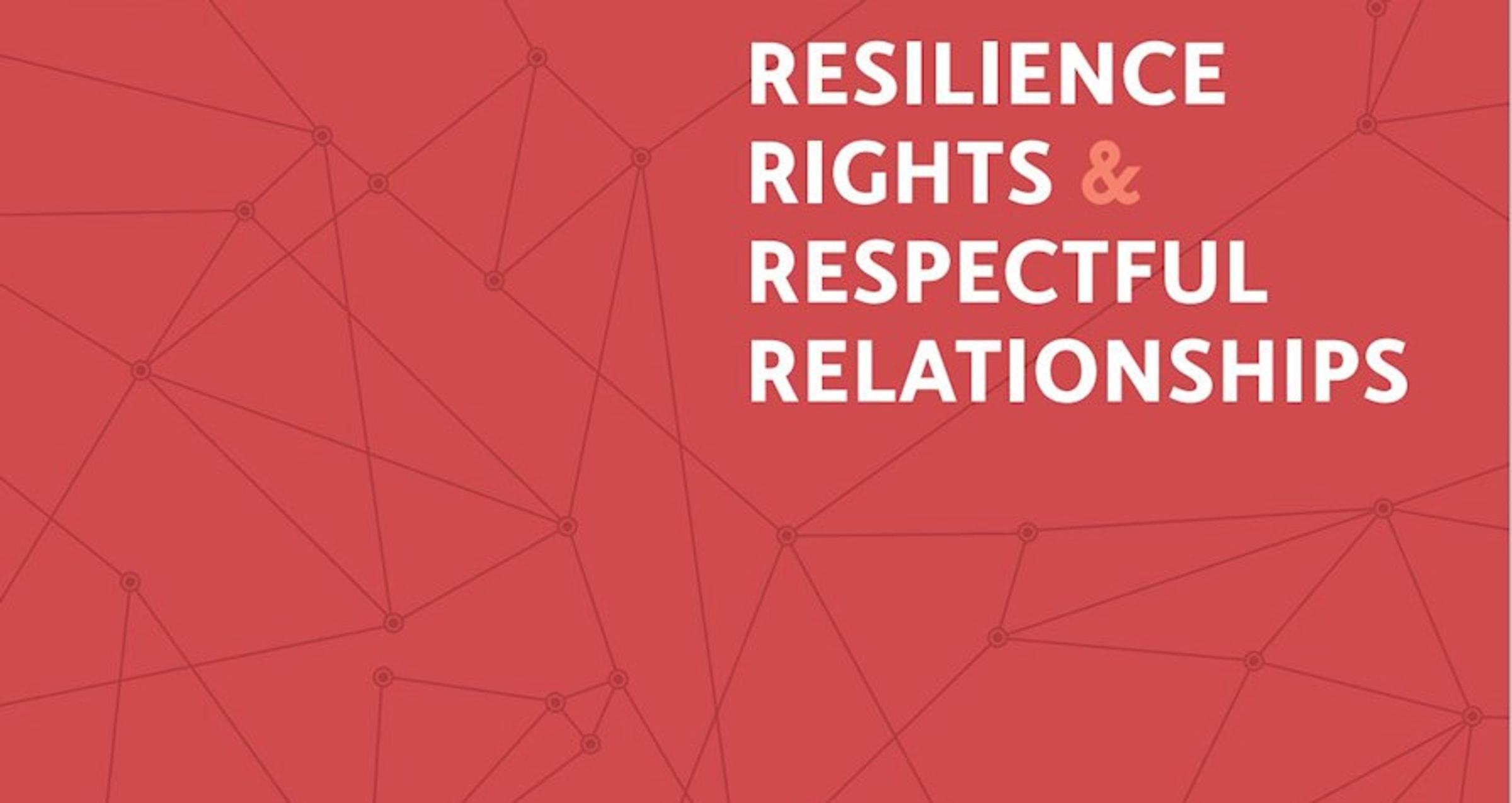
Respectful Relationships
Respectful Relationships education is a core component of the Victorian Curriculum from Foundation to yYear 12. It is all about embedding a culture of respect and equality across the entire school community. It helps to promote and model respect, positive attitudes and behaviours. It teaches our children how to build healthy relationships, resilience and confidence.
At Northcote Primary School, we implement the Respectful Relationships program through out weekly Social and Emotional Learning lessons.
There are eight topics in the program. We spend each term covering one topic in detail, covering all eight topics across a two year period at an age-appropriate level.
To support the learning that is happening in classrooms, each fortnight we will include an activity in the newsletter that you can do at home with your child/ren that aligns with the topic being covered that term.
For more information about the program's background and the information covered in each of the eight topics, please read through the information provided.
Support your child/ren's learning:
All classes across the school are focusing on 'Topic 3: Positive Coping' this term. This is a quick and easy activity to support this learning at home:
Program Background
The Royal Commission into Family Violence identified the critical role that schools and early childhood education have in creating a culture of respect to change the story of family violence for future generations.
In 2016, respectful relationships education became a core component of the Victorian Curriculum from foundation to year 12, and is being taught in all government and Catholic schools and many independent schools.
Everyone in our community deserves to be respected, valued and treated equally. We know that changes in attitudes and behaviours can be achieved when positive attitudes, behaviours and equality are embedded in our education settings.
Respectful Relationships is about embedding a culture of respect and equality across our entire community, from our classrooms to staffrooms, sporting fields, fetes and social events. This approach leads to positive impacts on student’s academic outcomes, their mental health, classroom behaviour, and relationships between teachers and students.
Together, we can lead the way in saying yes to respect and equality, and creating genuine and lasting change so that every child has the opportunity to achieve their full potential.
What is taught in the RRRR curriculum?
Resilience, Rights and Respectful Relationships (RRRR) is a world-class teaching and learning program developed by experts at Deakin and Melbourne Graduate School of Education. The age appropriate resources and activities help students learn and practice social skills and apply them in positive ways to learning, life and relationships.
The materials cover eight topics of social and emotional learning across all levels of primary and secondary school.
Topic 1: Emotional Literacy
Emotional literacy is the ability to understand ourselves and other people. It focuses on recognising, expressing and managing emotions. Emotional literacy is key to building empathy and self awareness.
Topic 2: Personal Strengths
This topic focuses on building students’ ability to recognise and understand positive qualities in themselves and others. This builds self-confidence and the capacity to face and manage challenges.
Topic 3: Positive Coping
Learning activities in this topic provide opportunities for students to discuss and learn different types of coping strategies. This increases students’ ability to manage stress, control impulses and persevere in overcoming obstacles.
Topic 4: Problem Solving
Activities in this topic assist students to develop their critical and creative thinking skills and apply these to scenarios exploring personal, social and ethical problems. This builds students capacity to make responsible decisions that consider ethical standards and the likely consequences of various courses of action.
Topic 5: Stress management
Activities in this topic focus on teaching positive calming strategies to deal with stress. This helps students to cope with future challenges.
Topic 6: Help-seeking
Through scenario based activities students learn to recognise situations in which to seek help, identify trusted sources of help and practice seeking and providing help. This helps to normalise and de-stigmatise help-seeking behaviour.
Topic 7: Gender and Identity
This topic teaches students about human rights and responsibilities. It helps to develop students’ understanding around the influence of harmful gender norms on attitudes and behaviour. Gender norms and stereotypes can be harmful when they lead to discrimination or when they limit people’s life choices. Classroom activities help children resist harmful social pressures and develop rich identities that are not constrained by stereotypes.
Topic 8: Positive Gender Relationships
In this topic students develop skills needed to solve problems, set boundaries within relationships and play an active role in preventing violence. Activities within this topic range from understanding fair play in the early years all the way to helping young people understand the importance of consent in relationships and equipping them with the skills needed to respond assertively to protect their personal boundaries and standards.

